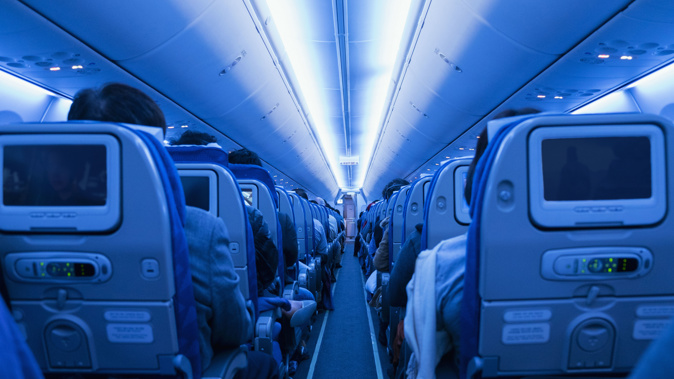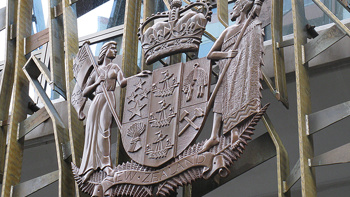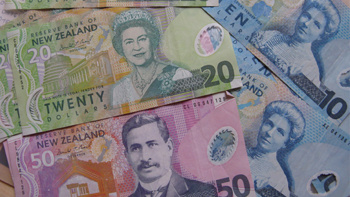
Airline revenue from frequent flier schemes, charging for bags and food has grown more than 10 times in the past decade to nearly $40 billion.
A study of 10 airlines which are among the biggest ancillary earners show that in 2007 it generated US$2.1 billion ($2.87b).
Last year the top 10 tally has leapt to more than US$28 billion.
While base air fares are near historic lows, if passengers want extras they are increasingly being forced to pay for them, especially on budget carriers.
The data is compiled by IdeaWorksCompany from annual reports, investor presentations, financial press releases, and quotes attributed to senior executives all qualify as sources in the data collection process.
Air New Zealand doesn't feature in the report. For the past financial year "other revenue" totalled $230 million but was not broken down further.
According to the report, United Airlines makes the most from ancillary revenue, raking in US$6.2b last year. Other United States carriers took the next three placings with most coming from frequent flier programme revenue generated by the sale of miles or points to banks that issue co-branded credit cards.
Ryanair and easyJet made all their ancillary revenue from a la carte services such as bags or food, making nearly US$2b and US$1.3b respectively.
The top ancillary revenue per passenger, mostly from a la carte activities, by global regions: Spirit US$49.89 (Americas), Jet2.com $42.46 (Europe & Russia), and AirAsia X $34.41 (Asia & South Pacific).
Qantas' successful points scheme - which the IdeaWorksCompany says has 11.4 million members - last year netted nearly US$1.2b or 90 per cent of its ancillary revenue.
"Low cost carriers rely upon a la carte activity by aggressively seeking revenue from checked bags, assigned seats, and extra leg room seating. Some of the best in this category have extensive holiday package business with route structures built upon leisure destinations," the report says.
Allegiant in the United States and Jet2.com in Britain share the common bond of emphasising leisure travel; these are essentially holiday package companies that own an airline.
Carriers from the Middle East and Africa did not rank in the top 10 ancillary revenue lists.
IdeaWorksCompany president Jay Sorensen said airlines didn't disclose ancillary revenue for two reasons.
"One would be a competitive fear, that other airlines would take note. The second is a public relations fear, that reporters would pen articles that lampoon airlines which are successful at this."
He said easyJet in Britain stopped disclosing information largely for the latter reason.
"Of course, airlines that report results are happy to show investors the results of their effective management."
Take your Radio, Podcasts and Music with you









